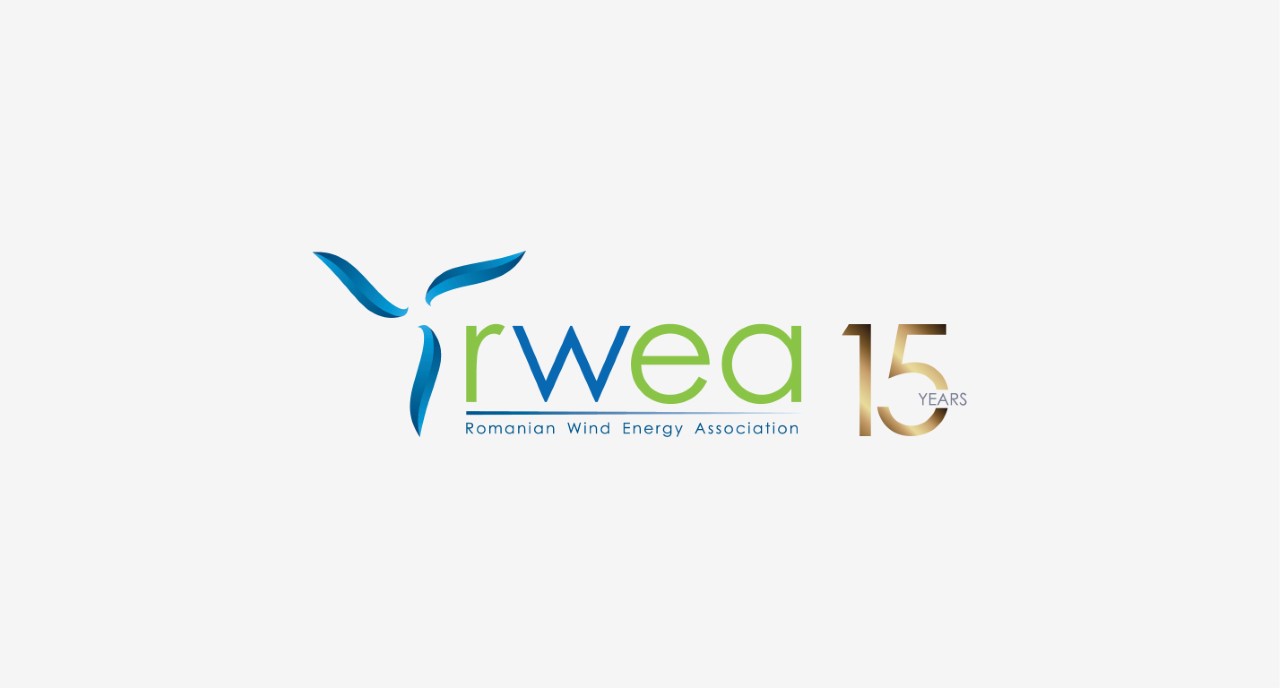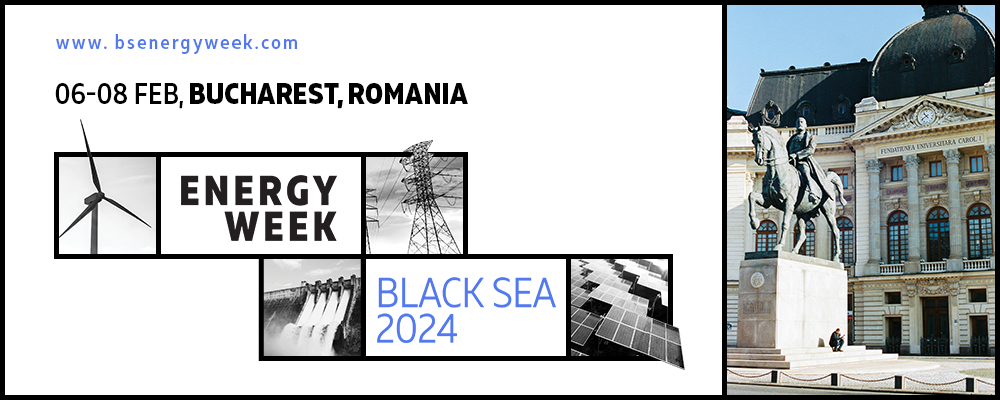RWEA, RPIA si PATRES criticize the Emergency Ordinance on some measures relating to the exercise of public and private property rights of the state, which distorts competition in the energy market
01 Nov 2023
The Romanian Photovoltaic Industry Association (RPIA), the Romanian Wind Energy Association (RWEA), and the Employers’ Organization of Energy Producers from Renewable Sources in Romania (PATRES) representing producers, developers, and service and equipment providers in the renewable energy sector, with a total installed capacity of over 5 GW, criticize the Emergency Ordinance on some measures relating to the exercise of public and private property rights of the state, which distorts competition in the energy market.
RPIA, RWEA, and PATRES, together with other associations in the sector, have repeatedly pointed out the non-competitive nature of the direct concession of land administered by the State Domains Agency (ADS) to state-owned companies, which is against national and European legislation.
Considering that, since 2022, private investors can only develop projects in areas of less than 50 hectares (maximum 42 MWDC/34MWAC) based on the misinterpretation of the land law by the Ministry of Agriculture and Rural Development (MADR), the introduction, through the new Emergency Ordinance, of an exemption from this restriction only for projects declared “of national interest” unjustifiably favors companies where the state is the majority shareholder, being deeply anti-competitive, unconstitutional and discriminatory for entities operating in the renewable energy market. Given that both public and private actors – regardless of the nature of the majority shareholder – compete in the same market, there are no objective indicators justifying preferential access of certain companies to state-owned land. Moreover, the Government does not provide an explanation for not applying the same treatment to private owners and investors. Therefore, selective granting of access to land and legislative derogations for PV projects cannot be justified as the capacities developed cannot be differentiated according to the majority owner.
RPIA, RWEA, and PATRES stress that this GEO sends a strong negative message to investors, who are already discouraged by the instability of the regulatory framework, which significantly affects the achievement of Romania’s climate neutrality objectives and the competitiveness of the industry that will not be able to benefit from electricity from renewable sources at a comparable price as soon as possible, due to the delay or even cancellation of projects at various stages of development. Such measures must comply with the principle of transparency and fair competition, which implies organizing public tenders whenever rights to land in the public or private domain of the state are awarded or at least defining clear and non-discriminatory selection criteria. Direct negotiation between certain selected companies and ADS cannot guarantee a level playing field that complies with the principle of transparency and fair competition.
We reiterate here that RPIA, RWEA, PATRES, and related industries are not opposed to the realization of such projects but call for a level playing field for all renewable energy capacity developers, which can be achieved by removing the 50-hectare barrier for all projects, regardless of whether the land is in state or private ownership, and by inviting all interested parties to participate in a transparent and competitive process to allocate land if it is in state ownership.

 Previous
Previous

